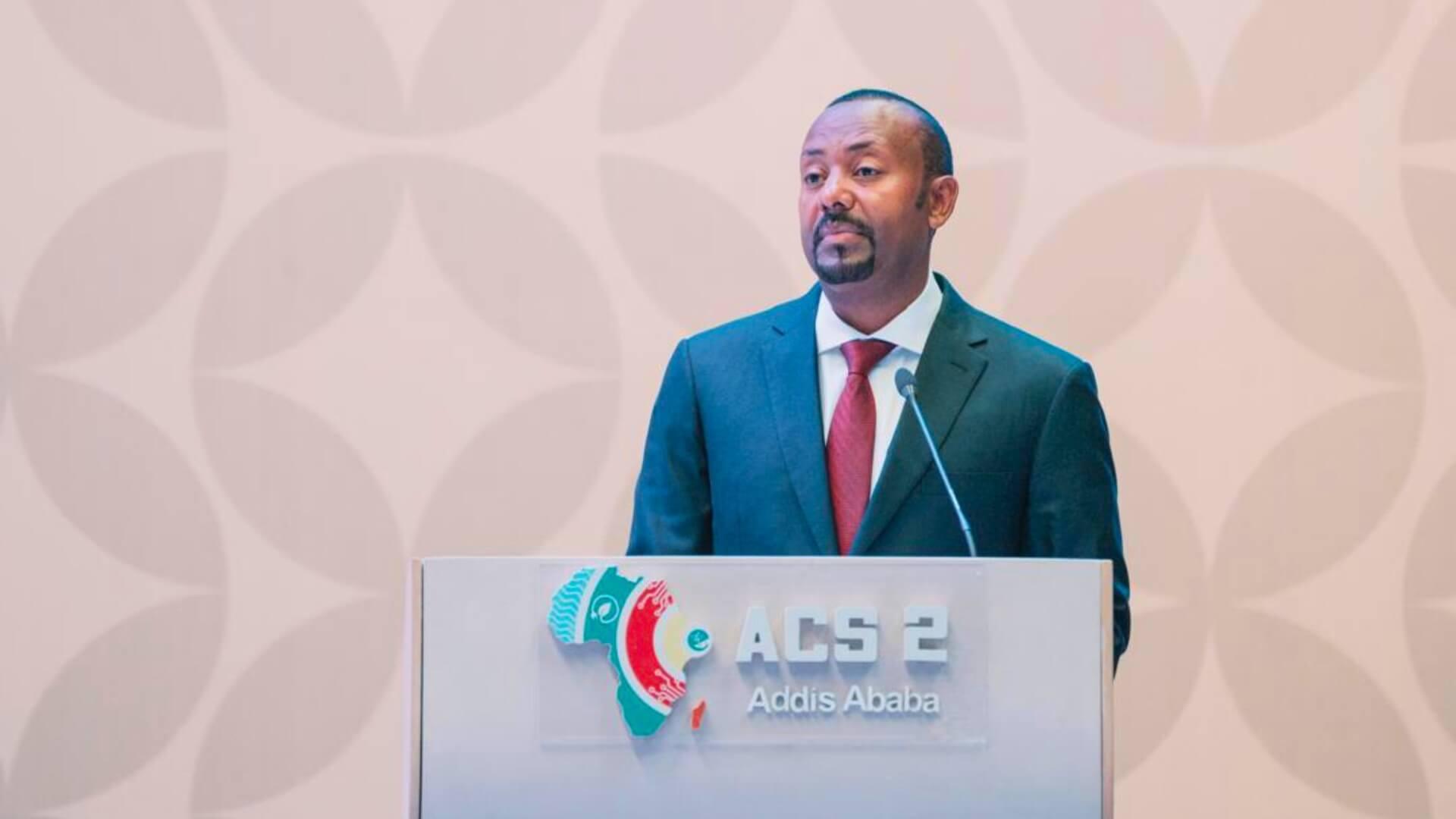Addis Ababa takes center stage in climate diplomacy as Ethiopian leaders bid to host COP32, promising world-class infrastructure, green innovation, and an African vision for the planet’s future.
Addis Ababa aims to position itself as Africa’s climate hub, with Prime Minister Abiy Ahmed pledging African-led solutions and sustainable innovation to define COP32.
Ethiopia has officially declared its ambition to host the United Nations COP32 climate conference in 2027, a move seen as both a diplomatic showcase and a test of Africa’s climate leadership potential.
The announcement by Prime Minister Abiy Ahmed during the Second Africa Climate Summit in Addis Ababa marks a significant moment for the continent.
Too often, Africa’s story at climate summits begins with what we lack – lack of finance, lack of technology, lack of time. Let us begin instead with what we have. pic.twitter.com/r5YlzvMrOO
— Abiy Ahmed Ali 🇪🇹 (@AbiyAhmedAli) September 8, 2025
Ethiopia now frames itself not only as a possible venue but as a leader in advancing urgent, locally driven climate solutions rooted in Africa’s realities and resources.
Prime Minister Abiy Ahmed’s keynote speech drew global attention with its uncompromising tone.
“We are not here to negotiate our survival. We are here to design the world’s next climate economy,” he declared, urging leaders to see Africa as a crucible of innovation and resilience.
Key initiatives strengthening Ethiopia’s candidacy include:
- Green Legacy Initiative: Over 48 billion trees planted since 2019, transforming reforestation into a national culture.
- Grand Ethiopian Renaissance Dam (GERD): Now Africa’s largest hydropower project, symbolizing both renewable ambition and intra-African cooperation.
- Policy innovation: Bans on non-electric vehicle imports and a path toward net-zero emissions by 2050.
These concrete steps distinguish Ethiopia from aspirational rhetoric, showcasing sustained national commitment.
President Taye Atske-Selassie reinforced the bid by highlighting Ethiopia’s location, infrastructure, and diplomatic networks.
Addis Ababa—home to the African Union headquarters—already sits at the heart of many continental negotiations, giving weight to its claim as Africa’s de facto diplomatic and climate capital.
The Second Africa Climate Summit itself acted as a launchpad, drawing 119 country delegations and consolidating support from the African Union Commission.
If successful, Ethiopia would host the most consequential global climate talks ever held on the continent.
The Stakes: Leadership and Scrutiny
Hosting COP32 would bring both opportunities and risks.
- Global influence: Ethiopia could shape the trajectory of climate negotiations, positioning African needs—especially in the areas of climate finance and adaptation—at the center.
- Symbolic weight: Addis Ababa could rally Africa’s 54 states toward a collective vision, reinforcing continental leadership.
- Increased scrutiny: Ethiopia’s climate record, energy reforms, and industrial policies would come under tighter global observation.
For Ethiopia, this is less about prestige than about reframing Africa’s role—from climate victim to climate architect.
The path to COP32 will not be uncontested. Nigeria has announced a parallel bid, proposing Lagos as the host city. With both countries holding heavyweight diplomatic clout, Africa’s unity will be tested as the African Group must agree on a single candidate before presenting to the UNFCCC.
For some observers, the rivalry underlines Africa’s dynamism: two emerging continental powers framing climate action at the highest level. But for others, it risks fracturing Africa’s bargaining power if consensus lags.
Ethiopia’s COP32 bid is more than a diplomatic gesture—it is a strategic attempt to rebrand Addis Ababa as Africa’s climate capital, anchoring the continent’s voice in global negotiations.
Whether Africa consolidates behind Ethiopia or Nigeria, the fact remains: the global climate stage is shifting, and Africa is no longer just participating—it is demanding to lead.
If successful, Ethiopia’s message will echo globally: Africa is not merely the “continent of origins,” but a continent of solutions.
Leave a comment
Your email address will not be published. Required fields are marked *





